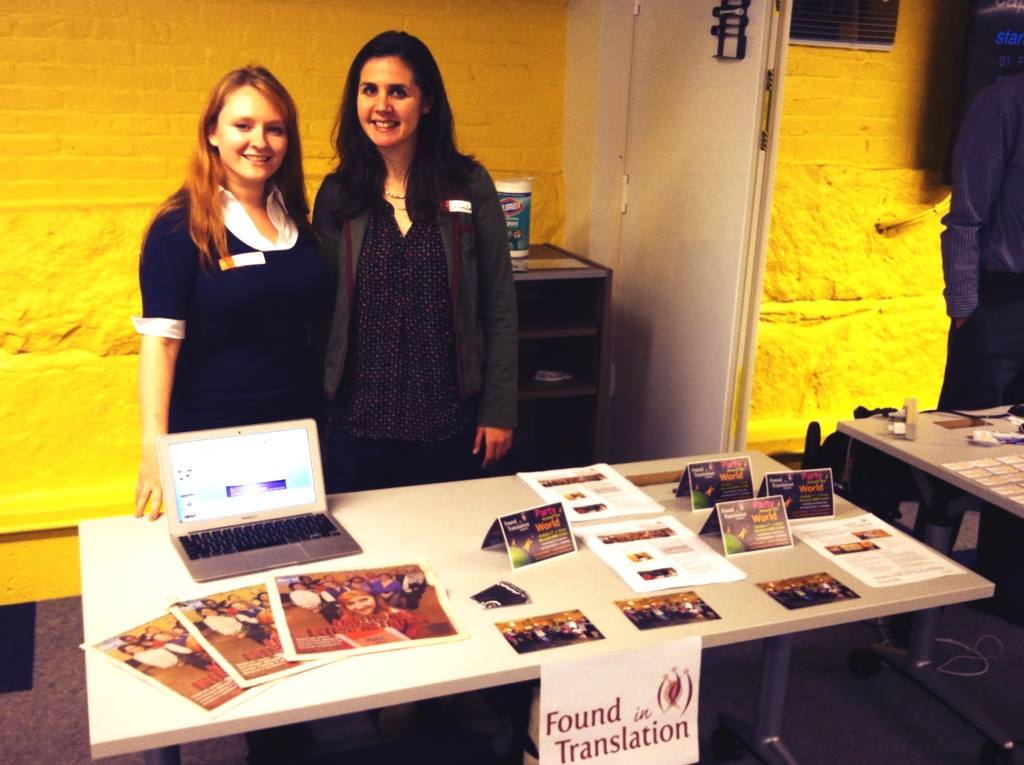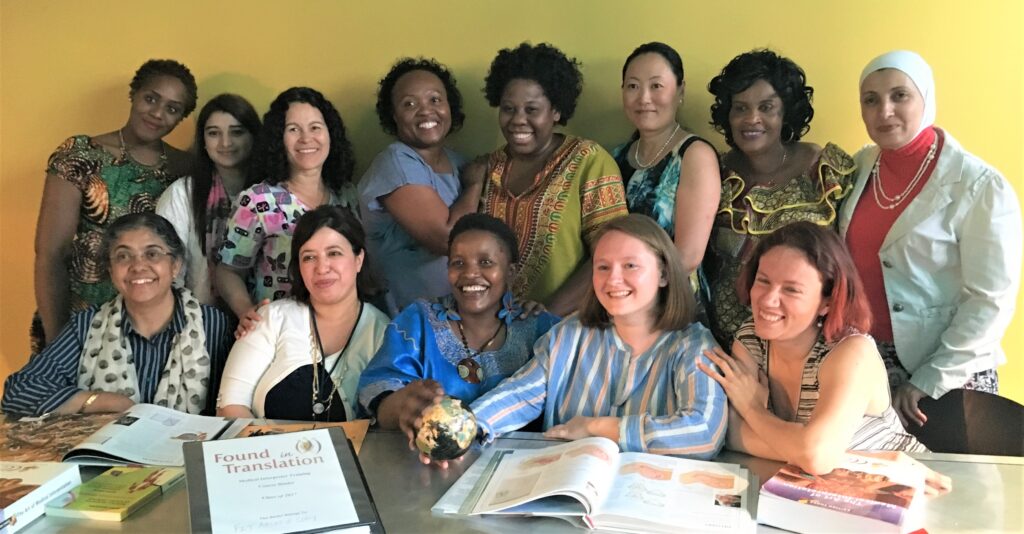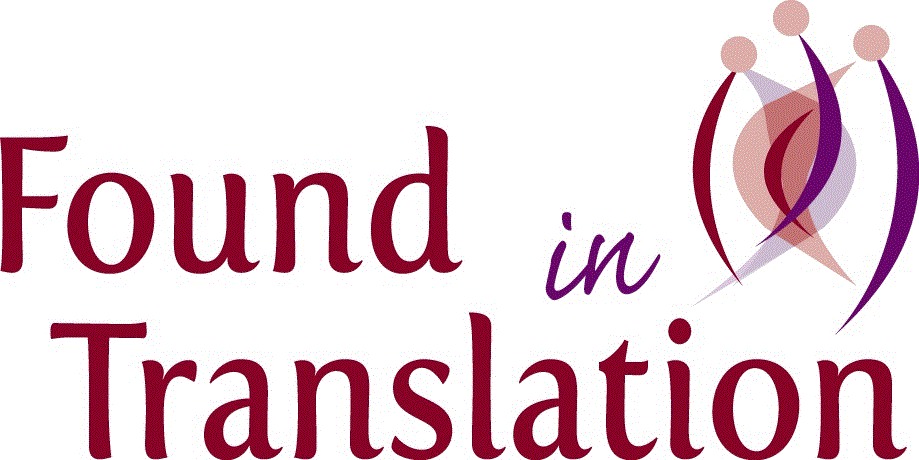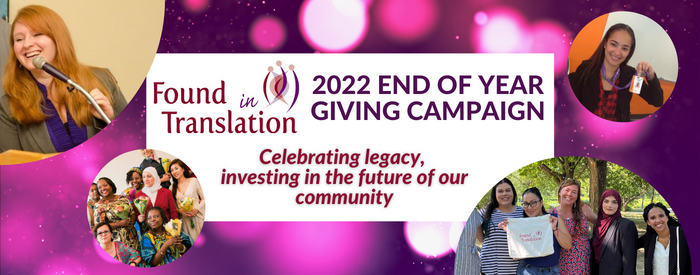Community First: Reflections on legacy and impact by Maria Vertkin
Dear friends,
As the year comes to a close, I reflect on an 11-year legacy. Found in Translation made economic mobility possible for over 300 immigrant women—myself among them.
I was 25 years old when I founded Found in Translation, closer to how old I was when I was experiencing homelessness than to the age I am now. I was doing well at 25—employed in the nonprofit sector and advancing, nearly done with my Bachelor of Social Work degree—but not well enough, for example, to ever put a full tank of gas in my car. Or to have a car that isn’t constantly out of commission for repairs.

When I talk about our impact, about economic mobility, usually I focus on career satisfaction, contribution to community, aspiration, pride. But a big part of it is relief from all the little troubles of being broke, each insignificant, but cumulatively exhausting, depleting, overwhelming, paralyzing, and on the verge of snowballing into disaster. Something as small as running late and missing the bus and not being able to afford an Uber can lead to missing a shift and losing your job. And since you are living paycheck-to-paycheck, losing that job can very quickly lead to losing the very roof over your head.
When I hear from our graduates that they bought a car that won’t break down every week, that they can buy a full tank of gas, that they paid down their debt, or they bought a house, I am as deeply moved as when they get a promotion, speak on a panel, or receive an award. There is liberation in no longer being underwater. I want this for us all. But the reality is that economic mobility is very rare.
America brands itself as the land of opportunity, but (as you’ve no doubt heard me say before) it is also the land where surgeons become Uber drivers. Some of the brightest and most gifted among us are working for a poverty-level wage, being crushed under the weight of never having quite enough, not being able to provide, living one mistake away from ruin.

Found in Translation is opening pathways to changing that—so far for over 300 women. Economic mobility opportunities are rare. Will you help me protect this?
In September, I stepped down as Executive Director, leaving reins in the skillful hands of Kelly Lynch. We are currently interviewing for our next ED, in a transparent and inclusive process involving our staff, board, and program graduates. I’m very excited about our candidates, and can’t wait to see where new leadership will take this organization that I love so much. And I’m excited to step into my own new role here as a cheerleader and donor.
I owe Found in Translation a debt of deep gratitude. I grew here as a leader and as a person. I met many kind and brilliant people who became mentors or friends. I charted my career here and found, for the first time in my life, financial stability. And I found it by helping others find the same. I was able to do this only because so many of you stepped up to support me and this work.
Ahead on the horizon, Found in Translation’s future looks so bright. But transitions are vulnerable places. Will you help me make sure this vital work continues?
Today we launch our End of Year Campaign, and I am proud to make the first donation. Because this work is vital. Because real economic opportunities for immigrant women are still painfully rare. Because I am that immigrant woman too. I am making as large a donation as I can afford because transitions are when support is most needed.
I hope you can make a stretch gift as well, whatever amount that is for you. Will you join me and make a donation by December 31st?
Because no one can do it alone.
Because Found in Translation is, and will always be, a community first.
In this together,
Maria

